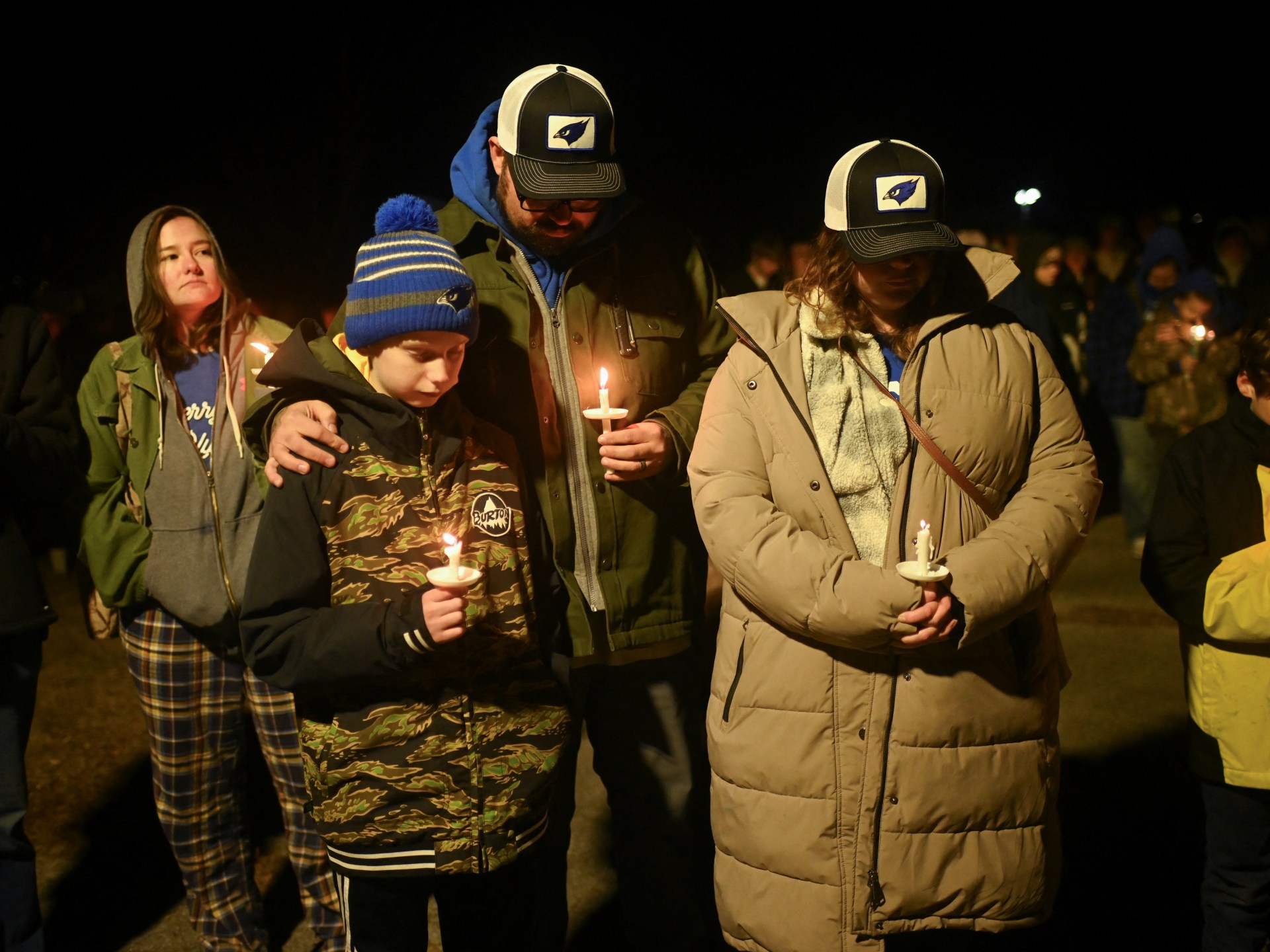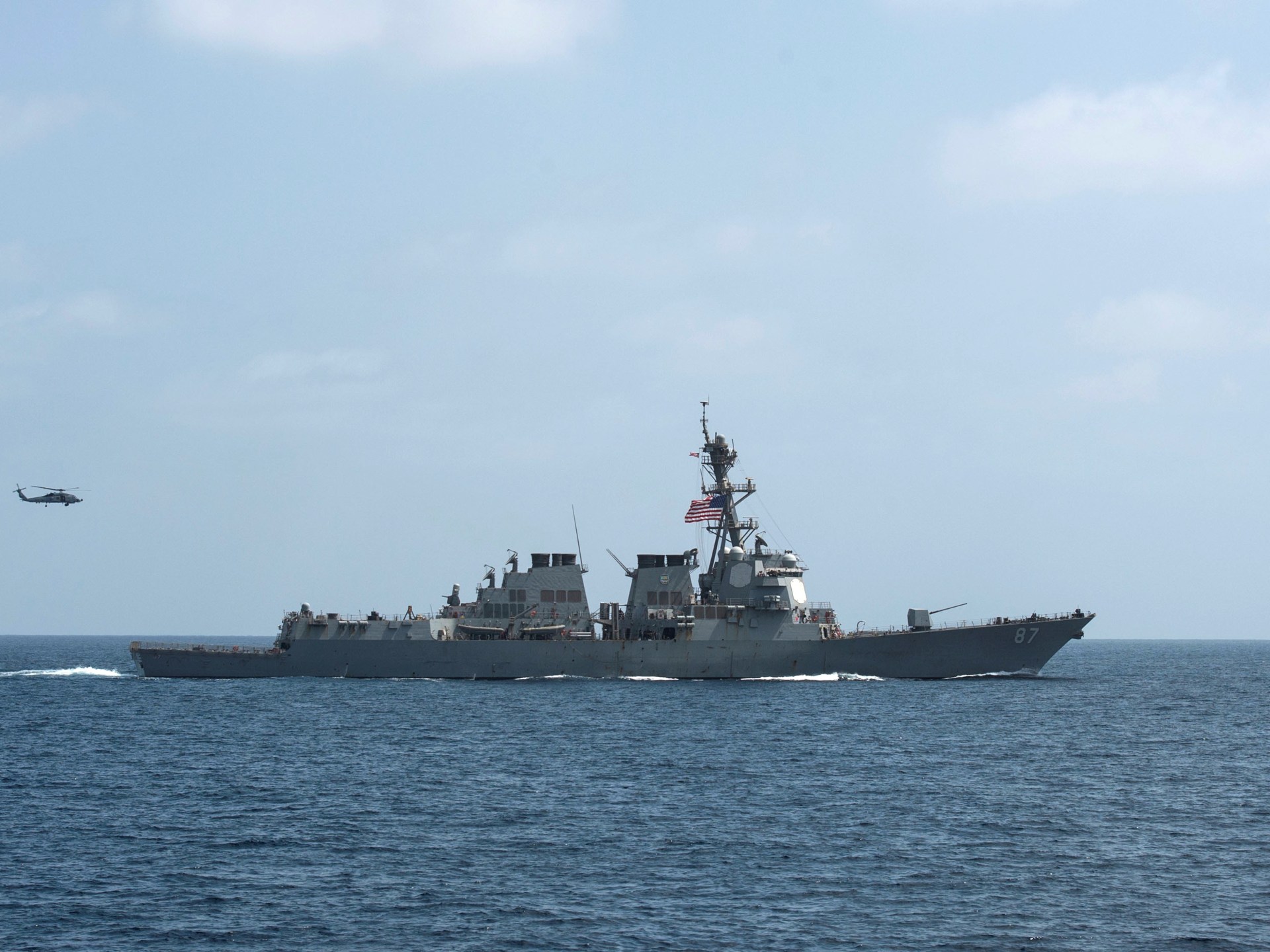
McDonald’s has Sales targets missed In part due to boycotts of its products in some parts of the world due to its perceived support for Israel, the company says.
The war in Gaza “significantly impacted” performance in the final quarter of 2023 in some regions, company officials said on Monday. Sales growth in the Middle East, China and India was 0.7 percent in the quarter, well below expectations.
The fast food company is just one of several U.S. brands hit by boycotts and protests over their alleged support for Israel’s war on Gaza. Lists of brands accused of supporting Israel are circulating on social media sites, although the connections are often not clearly explained. The move is part of a larger Boycott, Divestment and Sanctions (BDS) campaign that has targeted pro-Israel brands since 2005.
@maisvault
Here’s a breakdown of how some brands say they’ve been affected so far:
MC Donalds
Fast food giant McDonald’s drew the ire of Israel’s critics, particularly in the Middle East, when its Israeli branch distributed thousands of free meals to Israeli troops in October, the month the country launched its bombing and ground offensive in Gaza distributed, in which more people have now been killed than 27,000 people.
Activists around the world have been calling for a boycott of the company since October. The impact has been more pronounced in the Middle East, where at least 5 percent of McDonald’s franchises are registered. While the growth target for sales in the Middle East, India and China was 5.5 percent from October to December, the company achieved growth of 0.7 percent – and likely only suffered a sales decline in the Middle East. Global sales rose 3.4 percent in the same period, compared to 8.8 percent in the previous quarter.
Franchises in Saudi Arabia, Oman, Kuwait, United Arab Emirates, Jordan, Bahrain and Turkey issued statements distancing themselves from the Free Food Campaign in Israel and have jointly pledged $3 million in aid to Gaza.
Chief Executive Chris Kempczinski said the company doesn’t expect any significant changes while the war continues. “It’s a human tragedy what’s going on and I think that’s putting a strain on brands like ours,” he said.
Starbucks
Last week, coffee chain Starbucks cut its annual sales forecast after a growth slump. The company now expects full-year sales – global and U.S. – to increase from 4 percent to 6 percent, up from the previous range of 5 percent to 7 percent.
CEO Laxman Narasimhan told reporters that Starbucks was seeing a “significant impact on traffic and sales” in the Middle East due to the Gaza war. Sales also fell in the United States, where demonstrators protested against the Seattle-based company and called on it to take a stand against Israel.
The problems at Starbucks began after the Starbucks Workers United, made up of thousands of baristas in more than 360 US cafes, expressed support for the Palestinians in a post X days after the Gaza war broke out. The post was deleted less than an hour later.
Starbucks sued the union in an Iowa court for trademark infringement and asked the union to stop using its name and a similar logo. The post reflected “support for Hamas” and severely damaged the company’s reputation, Starbucks said in the lawsuit, adding that it received more than 1,000 complaint calls. The company also said some of its cafes were destroyed.
The union countersued and asked a federal court in Pennsylvania to rule that it could continue to use the logo. Starbucks was also accused of defamation.
Both sides are engaged in ongoing, intense negotiations over labor issues, with the union demanding better wages and more consistent work schedules for workers.
There are a lot of people there now IndonesiaThe country with the world’s largest Muslim population has been boycotting Starbucks and McDonald’s since the start of the war.
Coke
The carbonated drinks maker has long been caught in the crossfire of the conflict in the Middle East. From 1967 to 1991, Coke was officially boycotted by the Arab League over the construction of a bottling plant in Israel.
Even now, the brand’s red logo is on lists of brands being circulated on social media channels for boycott. The company doesn’t appear to have triggered any triggers recently, but its past ties to Israel as well as its reputation as an American company appear to be enough.
In November, Turkey’s parliament voted to ban the drink from on-site shops and restaurants. Coke’s Turkish distributor reported a 22 percent decline in sales in the final quarter of 2023.
Meanwhile, in Egypt, the boycott of Coke and other American soft drinks has spurred the revival of a 100-year-old local soda brand. Spiro spathiswhich saw an increase in sales.
Dominoes
Domino’s, a US-based pizza maker with franchises around the world, is also facing setbacks. Social media posts said Domino’s also gave free food to Israeli soldiers, although there was no evidence to support these claims.
In Asia, the brand’s same-store sales immersed by 8.9 percent in the second half of 2023, largely because consumers in Malaysia associate it with the United States, an Israeli ally, a company official said.
Thousands of Malaysians have gathered to demand an end to Israel’s war in Gaza. Prime Minister Anwar Ibrahim’s office also announced in December that all Israeli-owned, Israeli-flagged or Israeli-bound ships would be banned from its docks. The country does not have diplomatic relations with Israel.
“It is well known that American brands in Asia, and I’m talking primarily about Malaysia in this case, are affected by the current events in the Middle East,” Don Meij, chief executive of Domino’s Pizza Enterprises, told analysts.






Recent Comments